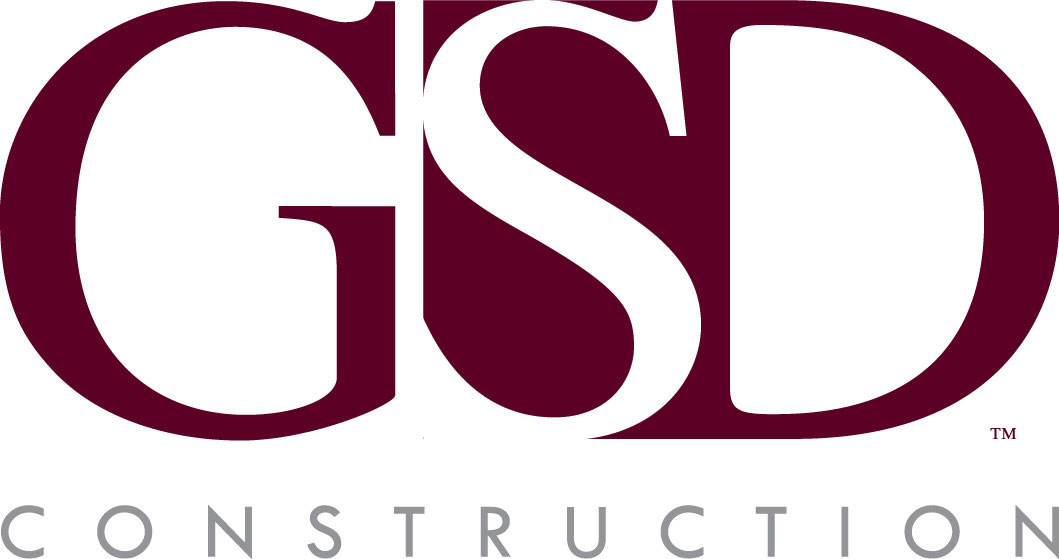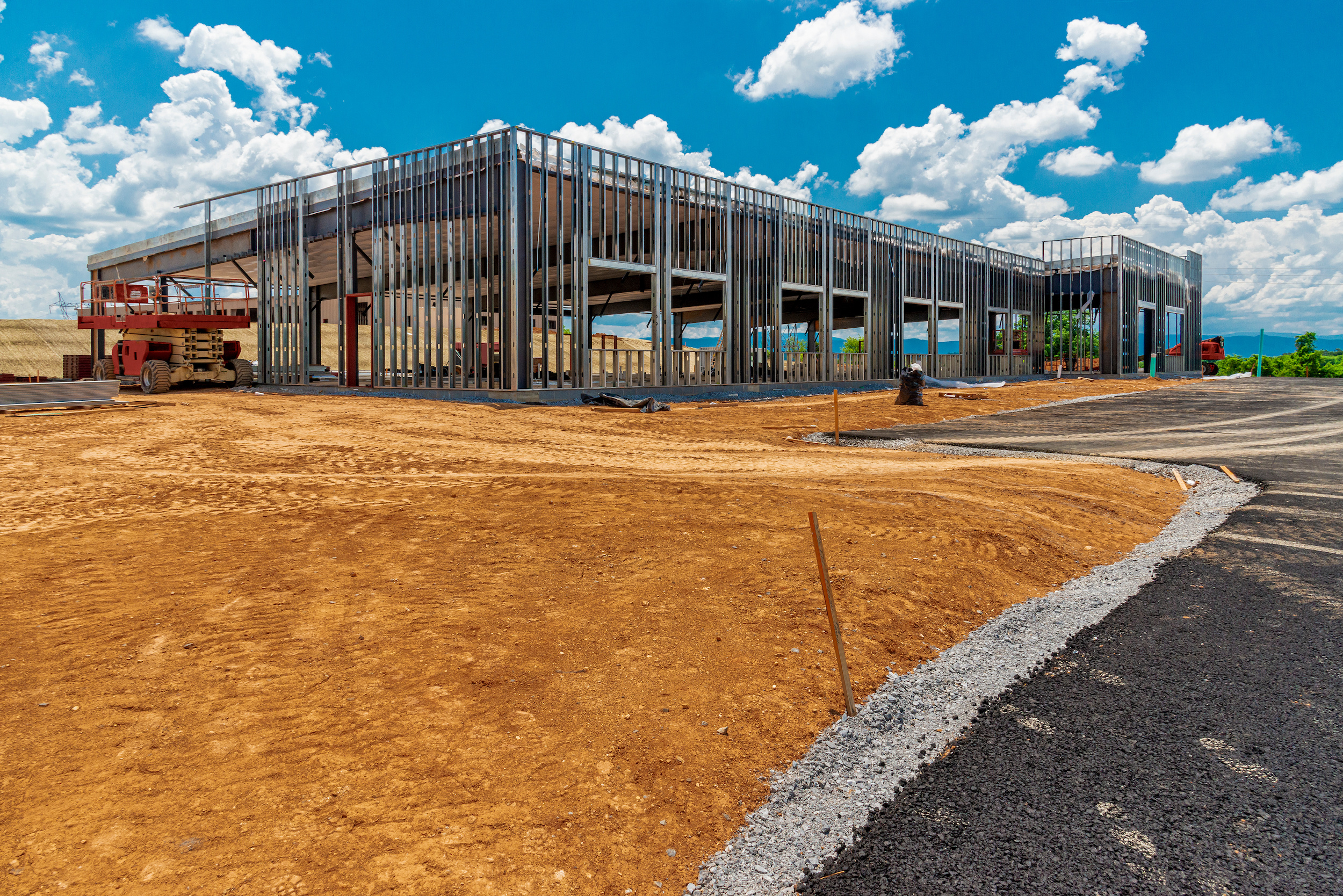Commercial construction projects can be overwhelming if you don’t know what to expect. But have no fear – to make it easier, we’ve broken it down into 4 phases and included the key questions that you should be asking yourself and your builder.
Phase 1: Development and Design
The first phase, Development and Design, includes the acquisitions, feasibility studies, regulatory approvals, and planning required for a successful construction project.
Before you begin, prepare yourself: the first phase of construction projects is time-consuming. It will require patience. Even experienced professionals know nothing moves quickly in the development and design phase. To make it easier, start integrating key parties now, including the architects, engineers, contractors, and consultants.
While the prepping may seem endless and you’re antsy to start your new project, dedicating resources to proper design and development can make or break a project. The industry is unpredictable, and projects fail all the time because of hastily made plans, shaky financing, or sudden market changes for which you were unprepared.
Phase 1 Check-In:
- How does your building meet the needs of your market?
- How can you prepare for adverse conditions?
- Who exactly needs to be involved in the overall process? Are they involved at this point?
Phase 2: Pre-Construction
In the Pre-construction phase, you can get ahead of potential issues, including permitting and material acquisition delays, which are the two most common problems in construction projects.
The process for getting a construction permit approved is commonly misunderstood. Even if all your paperwork is perfect because you put in the time beforehand to get your ducks in a row, there is a huge volume of requests being processed through multiple approving departments. Permitting offices are typically understaffed and overworked, adding to the delays. Be patient and be organized as you go through this process.
Acquiring the right materials for your dream office, retail space, school, or industrial warehouse takes time, especially if there are any supply chain delays. Construction project materials may have unexpectedly long lead times. Knowing and avoiding those lead times now can keep your project on schedule and on-budget.
To avoid permitting and material delays, lean on your architect and builder. As part of your commercial construction team, they can leverage their expertise and experience in handling these complex processes and proactively manage predictable challenges.
Phase 2 Check-In:
- What supplies might have long lead times to procure?
- How can you plan around delays and prepare in advance?
- How can you make permitting easier?
Phase 3: Construction
In well-managed and well-planned construction projects, the actual construction part doesn’t start until you’re at least 2 phases into the project. Once all the materials, team members, permitting, approvals, and planning are in place, Construction can officially start in phase 3.
However, enter phase 3 knowing that even the best plans encounter unforeseen, uncontrollable circumstances. Whether it’s the weather, adverse site conditions, acts of God, or any other unpredictable event, there are a hundred different things that can happen that threaten to derail a project. Great construction management identifies potential pain points upfront and has plans to mitigate them, so unforeseen events are easier to manage when they happen.
Phase 3 Check-In:
- How can I plan ahead for unforeseen circumstances?
- Is my builder prepared for potential obstacles in the project?
Phase 4: Wrap Up
After construction is complete, the final phase, Wrap Up, will officially complete your project. In this phase, you should expect a final walkthrough and guidance from your builder to facilitate a smooth move-in. Before you settle in and begin to enjoy your new building, make sure all loose ends are tied up and the building is good to go.
Phase 4 Check-In:
- What final details do I need to coordinate?
- What are the final steps before move in?
- What protocols are in place to ensure a safe transition?
In all stages of the construction process, always remember that involving your key stakeholders, including your architect, engineer, general contractor, subcontractors, and consultants can be your key to success.
We can help facilitate the connections and resources you need to get your project done on time and on budget. If you have questions or want to know more about what to expect for your next commercial construction project, connect with us.

